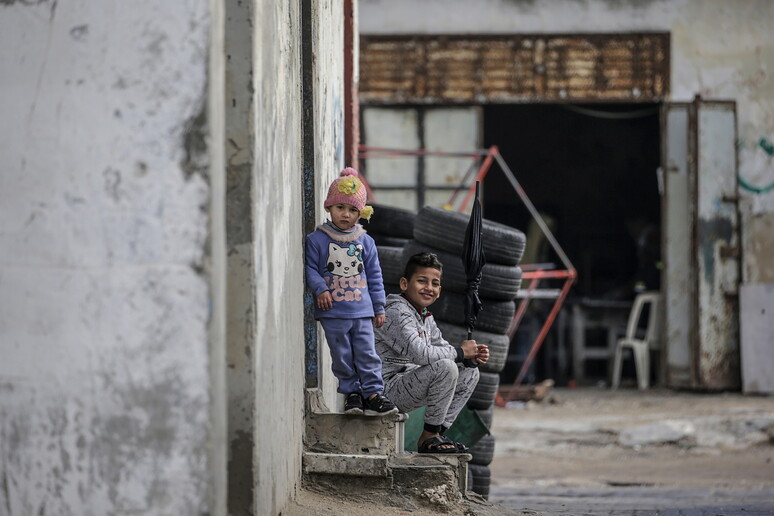Outside the world of Instagram stories and two-sentence Tweets, we are able to entertain more nuanced perspectives on the recent developments in the Israel-Palestinian conflict; it is possible, believe it or not, to recognize the actions of Hamas as barbaric war crimes while at the same time acknowledging the reality of Israeli occupation. In so doing we may hope to adopt an understanding of the issue that is primarily most conducive to minimizing civilian casualties and that seeks to avoid large-scale humanitarian crises.
In the wake of Saturday’s attacks, Israel has justifiably received widespread support from the international community. It starts to become problematic, however, when people use the attacks as justification for killing Palestinians; unfortunately, the notion of “turning Gaza into a parking lot” is one I see being expressed by a dangerous segment of the people engaging with the issue.

The Gaza Strip is a 141-square-mile territory home to two million Palestinians. In the words of UN Secretary-General Guterres, they are living in “hell on earth”; the label of open-air prison is one widely accepted amongst human rights organizations.
According to UN reports, the Gaza Strip is one of the poorest places in the world. Unemployment is at 46% (youth unemployment jumps to 60%), basic infrastructure is nonexistent, medical facilities are abysmal and more than three out of five people are food insecure. Both the World Bank and the UN largely credit the Israeli/Egyptian blockade as a leading cause of Gaza’s economic struggles.
Israel declared a formal end to the occupation when it pulled out of the territory in 2005; Prime Minister at the time Ariel Sharon said Israel “had no effective control over what occurred” in Gaza. In 2007, however, following Hamas’ parliamentary victory, Israel imposed a blockade in cooperation with Egypt.
Despite the formal withdrawal, the UN and many international organizations still recognize Israel as the occupying power. They control Gaza’s airspace and territorial waters as well as holding complete authority over who or what passes through Gaza’s border. Palestinians are prohibited from leaving the area in all but the rarest of cases.
On Monday this blockade transitioned into a siege as Israel blocked food, water, and other goods from coming in. As of Tuesday afternoon, 830 people have died in the Gaza Strip and more than 100,000 have been displaced.
Palestinians are already suffering daily at the hands of the terrorist organization that holds them hostage, they do not deserve to forfeit their lives because of Hamas.
It’s curious we are so quick to compare these events to September 11th yet we draw short of using its extrapolation as an actual example as to what to do. Pursuing terrorist actors in an attempt at retribution or forward prevention succeeds only in causing mass amounts of civilian casualties, threat neutralization is unlikely in the extreme; even more importantly, however, is that this path furthers the ideological entrenchment of the terrorist’s cause in the general population.
Failing to understand this will only propagate the cycle of violence that has already caused immense suffering for Israelis and Palestinians alike.
“Whispered in Gaza” is a series by the Center for Peace Communications that gives Palestinians a place to anonymously express their own perspectives without fear of Hamas. This is an excerpt from a submission titled “Where’s the Victory?”.
“They [Hamas] took control here in 2007 under the motto ‘Reform and Change.’ But they didn’t bring reform and change they brought looting, theft, oppression, humiliation, nepotism, and unemployment. If there is anything more a government can do to wear down and steal from its own people, we don’t know what it is… They exploit us under the pretext of ‘resistance.’… At the end, they tell us it’s a victory. Where’s the victory, when the majority of buildings in Gaza have collapsed? Where’s the victory, when so many people have lost their jobs? Where’s the victory when most, or a third of the people in Gaza have lost their homes? Where’s the victory? At this point, we’re barely alive.”
Hamas is fighting a political battle, one that destroys their own people as much as the Israelis do with their policies–leaving civilians the victims of both Hamas and the Israeli occupation.












